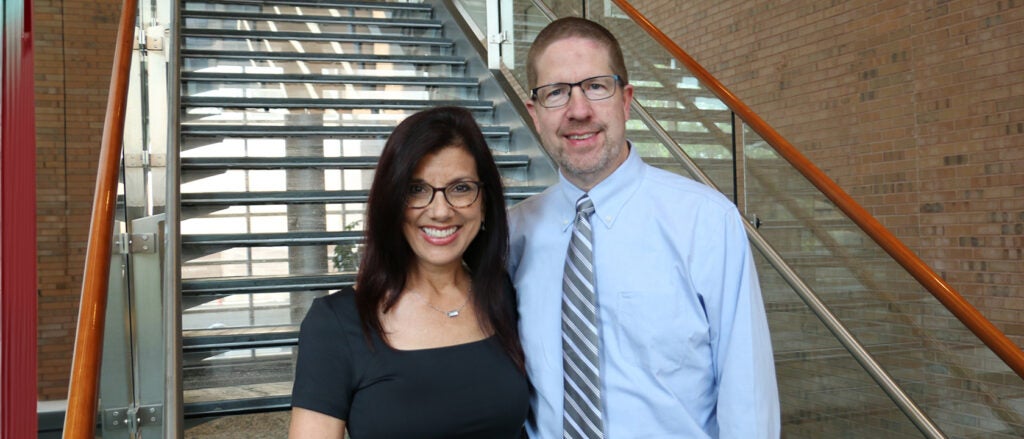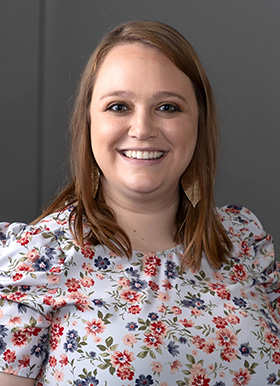Physician-Scientist Training Program (PePSTP)
WashU Medicine and its Department of Pediatrics have a long and successful history of training pediatric physician-scientists. Our Pediatric Physician-Scientist Training Program (PePSTP) focuses on the critical period from completion of the combined MD/PhD degree through the clinical and mentored post-doctoral research training years. The PePSTP combines the outstanding clinical training environment of St. Louis Children’s Hospital with rigorous scientific training in the world-renowned laboratories across WashU Medicine.
Preferential access to subspecialty fellowships
Individualized training experience
Enhanced Transitional mentoring
Educational funds + salary enhancement
4.4
Average MD/PhD interns per year
87%
InDividual K award success rate
39
trainees inducted since 2012
The WashU Medicine PePSTP was formalized in 2011, and the program has received substantial external support since 2013 from the Edward Mallinckrodt, Jr. Foundation, in memory of Oliver Langenberg, a St. Louis businessman and philanthropist who led the foundation for 50 years and died in 2012 at the age of 99.


